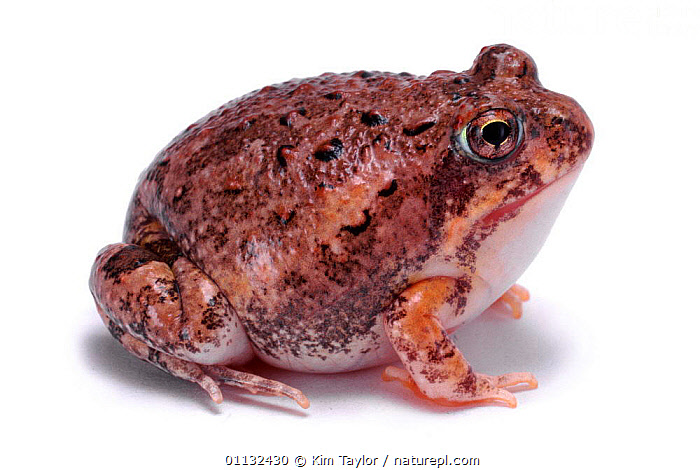Rain Frog for Sale: Discover Unusual Amphibian Pets at Unbeatable Prices!
Rain Frog for Sale: Discover Unusual Amphibian Pets at Unbeatable Prices!
Blog Article
Common Health And Wellness Issues in Reptiles: Signs and Solutions
In the detailed world of reptile care, understanding the common health problems that may impact these distinct animals is paramount in guaranteeing their well-being. From respiratory infections that can silently hold to metabolic bone diseases that can debilitate, reptiles are susceptible to a variety of conditions that call for eager observation and timely intervention. Whether it's facing parasitic infestations, browsing dehydration worries, or resolving skin ailments that manifest in refined ways, being attuned to the symptoms and equipped with the understanding of effective solutions is important for any kind of reptile owner. By delving better into the subtleties of these wellness problems and exploring the practical treatments available, one can guard the health and vitality of these interesting animals.
Respiratory Infections
Breathing infections in reptiles can significantly affect their total health and require timely interest from seasoned vets. These infections are typically triggered by microorganisms, fungis, or infections and can materialize via signs and symptoms such as hissing, nasal discharge, open-mouth breathing, and sleepiness. In reptiles, respiratory infections can be particularly challenging to diagnose and deal with due to their unique anatomy and physiology. Veterinarians often depend on a combination of physical exams, diagnostic imaging, and laboratory tests to accurately determine the underlying cause of the infection.
Treatment for breathing infections in reptiles typically includes a mix of helpful treatment, such as preserving appropriate moisture degrees and temperature gradients in the enclosure, as well as targeted drug to resolve the details microorganism in charge of the infection. It is critical for reptile owners to monitor their pets carefully for any kind of signs of breathing distress and look for veterinary treatment at the earliest indicator of an issue. With prompt intervention and suitable treatment, several reptiles can recover totally from respiratory infections and resume normal activities.

Metabolic Bone Condition
What factors add to the development of Metabolic Bone Disease in reptiles?
Metabolic Bone Disease (MBD) in reptiles is largely created by an absence of correct calcium, phosphorus, and vitamin D3 degrees in their diet. Additionally, insufficient exposure to UVB light stops reptiles from synthesizing vitamin D3, which is important for calcium absorption and bone wellness.
Various other adding variables to MBD include inappropriate temperature level gradients within the reptile's habitat, leading to lowered metabolic process and impaired calcium absorption. Inadequate moisture levels can also affect a reptile's capability to metabolize calcium properly. In addition, particular reptile types have specific nutritional demands that, if not satisfied, can raise the likelihood of creating MBD. Normal vet examinations, appropriate husbandry techniques, and a balanced diet regimen are vital to protect against Metabolic Bone Condition in reptiles.
Parasitical Infestations
Parasitic infestations present a considerable health and wellness threat to reptiles, affecting their total health this page and calling for timely vet attention. Reptiles can be impacted by different parasites, consisting of mites, ticks, interior worms, and protozoa. These bloodsuckers can cause a variety of signs, such as weight loss, lethargy, skin irritation, looseness of the bowels, and even death if left untreated.
One typical bloodsucker located in reptiles is the mite, which can trigger skin stress and anxiety, anemia, and irritation. Ticks are one more exterior parasite that can transmit diseases and create discomfort to the reptile. Internal bloodsuckers like worms and protozoa can bring about digestion issues, poor nutrition, and damage the reptile's body immune system.
To diagnose a parasitical infestation, a vet may execute fecal examinations, skin scrapings, or blood tests. Treatment commonly involves deworming drugs, antiparasitic bathrooms, or in extreme instances, a hospital stay. Preventative measures such as normal vet exams, appropriate health, and quarantine procedures for new reptiles can assist lessen the danger of parasitic infestations and guarantee the health of reptile family pets.
Dehydration and Hydration Issues
Dehydration in reptiles can dramatically influence their wellness and well-being, requiring prompt treatment and ideal hydration monitoring. Reptiles are prone to dehydration because of different aspects such as poor water consumption, high environmental temperatures, and specific health conditions. Signs of dehydration in reptiles consist of sunken eyes, lethargy, loss of skin elasticity, and decreased peeing. If left without treatment, dehydration can lead to major wellness concerns and also be deadly to the reptile.
To avoid dehydration, reptile proprietors should make sure that their pets have accessibility to tidy water in all times. The water dish must be large sufficient for the reptile to take in if needed, particularly for varieties that take in water through their skin. In addition, preserving appropriate humidity levels in the reptile's room and providing routine bathrooms can help avoid dehydration.
In instances of dehydration, it is important to look for vet care quickly. A vet might carry out fluids either orally or with shots to rehydrate my response the reptile. It is necessary to deal with the underlying root cause of dehydration to stop recurrence and guarantee the reptile's general health.
Skin Disorders

Final Thought

Respiratory infections in reptiles can dramatically affect their overall health and wellness and need punctual attention from seasoned vets (rain frog for sale). Preventative actions such as routine veterinary exams, appropriate health, and quarantine procedures for new reptiles can help minimize the risk of parasitical infestations and guarantee the well-being of reptile animals
If left untreated, dehydration can lead to significant health and wellness issues and also be fatal to the reptile.
Regularly examining your reptile for any changes in skin texture, look, or shade can help in early discovery and treatment of skin conditions, promoting the overall health and well-being of your scaly companion. - rain frog for sale
In final thought, reptiles are susceptible to numerous health and wellness problems such as respiratory infections, metabolic bone illness, parasitic problems, dehydration, and skin disorders.
Report this page